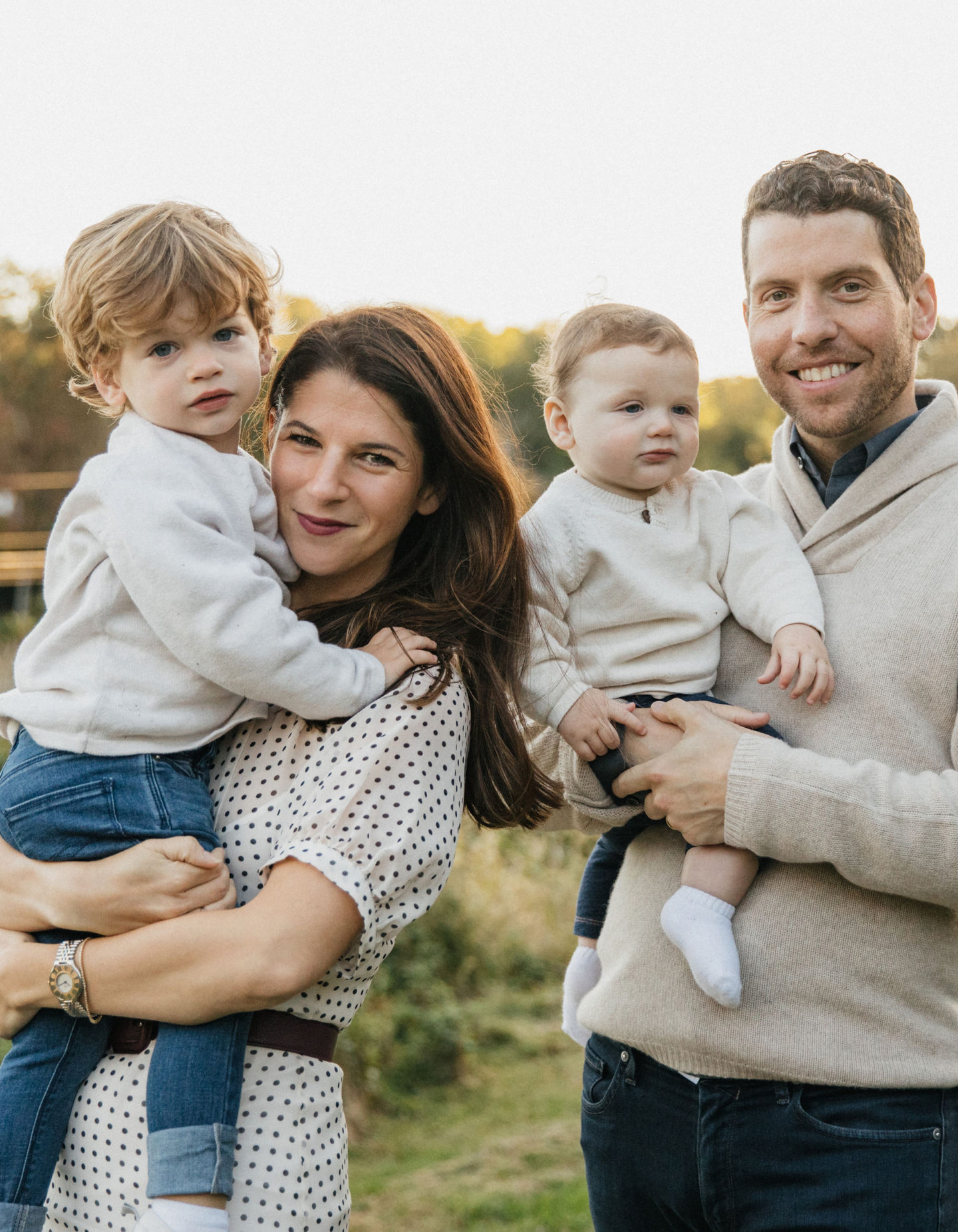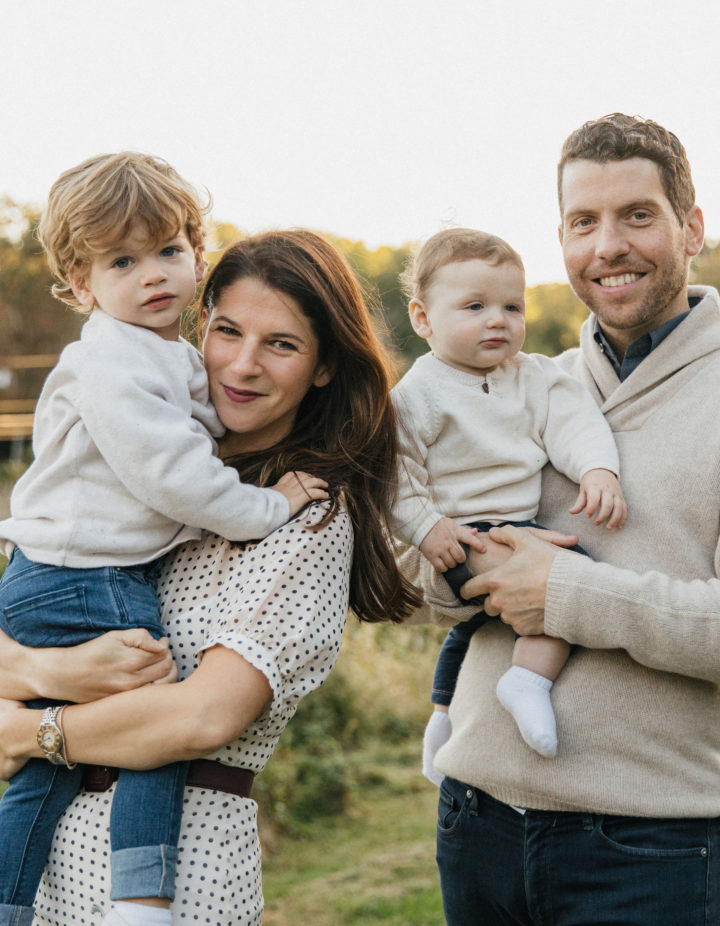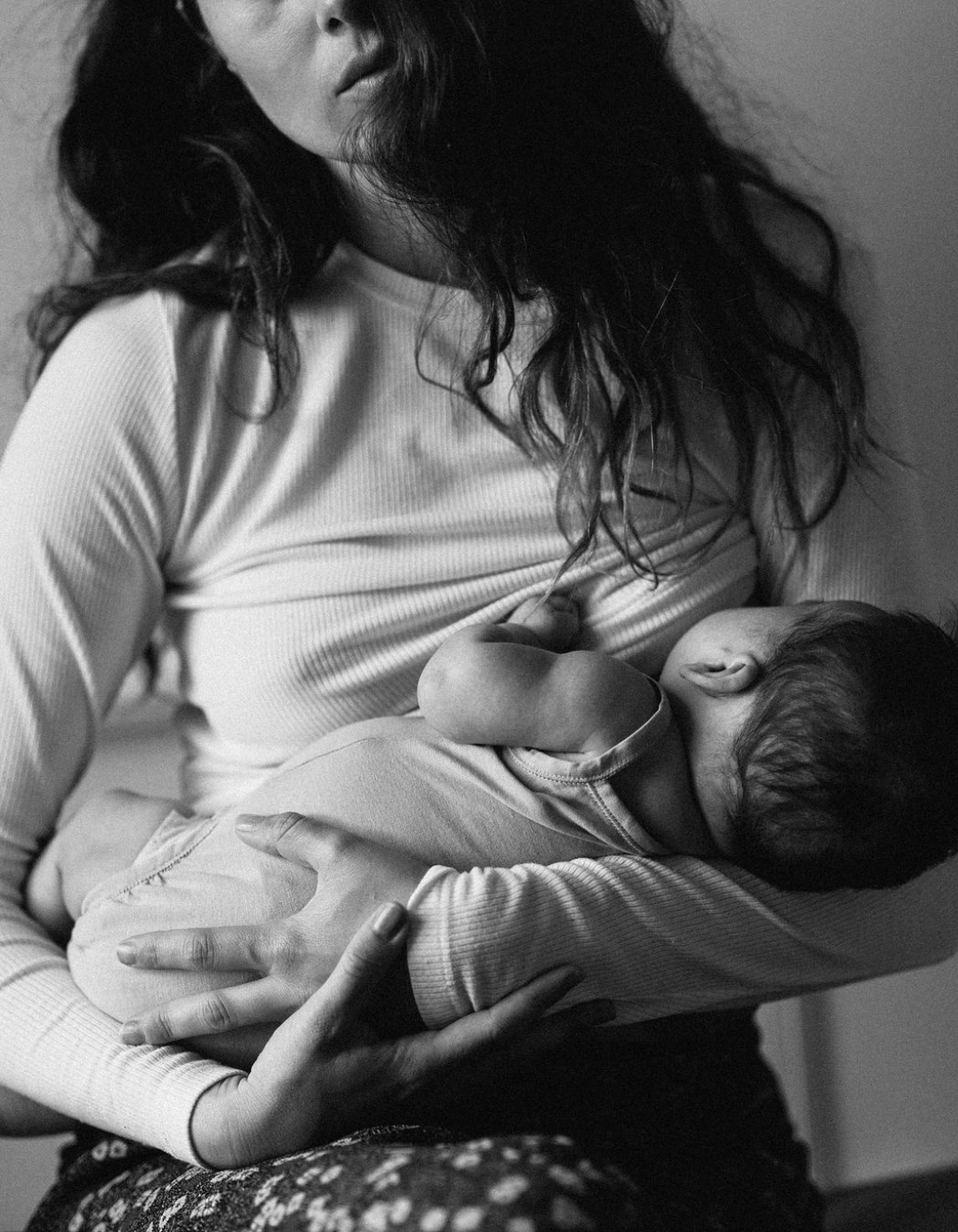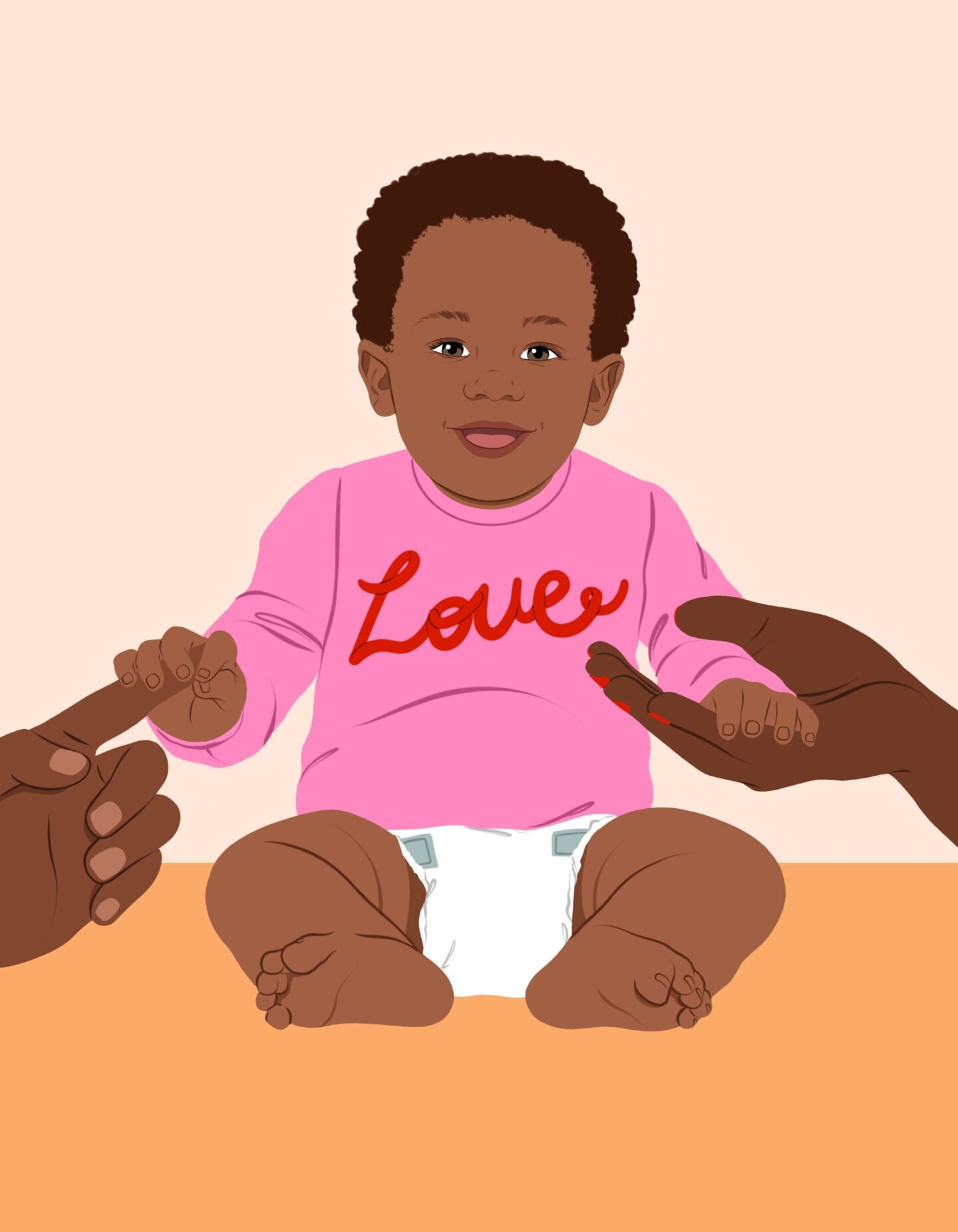I was overcome with grief. The kind reserved for the greatest love losses and the unlucky. Thanks to my mother’s dementia, this grief is now also mine.
My brother had texted me a picture of my mom’s signature on her tax return, “It’s different now. It really messes with my head.” Her handwriting was creaky and frail. I remember how it used to be. Elegant and loopy, it gracefully ended all of my school notes and narrated a list of my firsts: early dismissal for my first OBGYN appointment, an excused absence request to attend a Broadway show in New York, the affidavit confirming my admission of skipping Chemistry to make out with my boyfriend.
In my girlhood we’d sift through her makeup collection painting our lips as she’d explain which colors best compliment my complexion. As a makeup artist for young burn victims, her unique gift was a combination of artistry and compassion. I moved to Ann Arbor for college with suitcases full of our favorite colors and clothes. When my college boyfriend broke my heart during spring break of freshman year, she sent me a bottle of nail polish with a note, “Put your ‘Jiggy’ on. Hold your head up high.” I stockpiled memories of our moments even before I knew I’d need to.
When I was 28 and traipsing around Manhattan like every other girl who grew up with Sex and the City and lived in a studio below 14th Street, I called her for our daily chat. Something was different yet indescribable. There was pain, fear, a break, some emptied version of my mother on the other end. I didn’t understand. But I knew. Something was terribly wrong. A daughter always knows. That’s how it is with brain diseases. It’s an ambiguous, allusive ghost that distorts time like Dali in a way I’d given anything to stop, to understand just how the distortion of someone I knew so deeply, rendered her so unknown. Does a Dali clock still tell time? Is it a clock at all? Life became that kind of riddle.
For seven years I battled the dementia devil in my mother and drove my own life into the ground. There were her long days of depression. I got engaged and moved from New York to Chicago while she was in bed. There were chapters of her childlike confusion. I got married and wore three different wedding dresses because she wasn’t there to pick one with me. There were abysses of her abhorrent apathy. I thought I fell in love with someone else. She was indifferent to me getting divorced and couldn’t tell me if I were making the right choice. There were embarrassing episodes of her uncharacteristic inhibition, I moved back to New York and moved in with a man who brought out only the worst in me. We broke up. I dropped 10 pounds. She spent days inside dancing to Elvis and gazing at old pictures.
In our own ways, my mother and I became unhinged simultaneously. I found myself, a University of Chicago MBA who was once married to a Cornell trained cardiologist, nearing my mid 30’s, squatting in my friend’s midtown spare bedroom, on her brown pull out couch, spending nights binge drinking and making out with jobless bartenders at French restaurants in Brooklyn. She fainted face first in the driveway breaking her nose, bloodying the blacktop, and shattering her teeth.
I was finally introduced to the full name of the thing robbing me of my mother, Frontal Lobe Dementia, an always fatal disease that generates such bizarre behavior, it made her personality unrecognizable. My mother lost interest in everything that once made her, her.
If my mother taught me anything, it was how to hold my head up high, even when it was as forced as a coat of Jiggy. So I did yoga, saw a healer in Soho, and let my friends save me. One day, when I could finally eat three solid meals again and stopped wanting to drink at breakfast, I fell in love with a great man who also knew what it was like to begin again after a divorce. We traveled, ate pasta, and made a love child. My life went on.
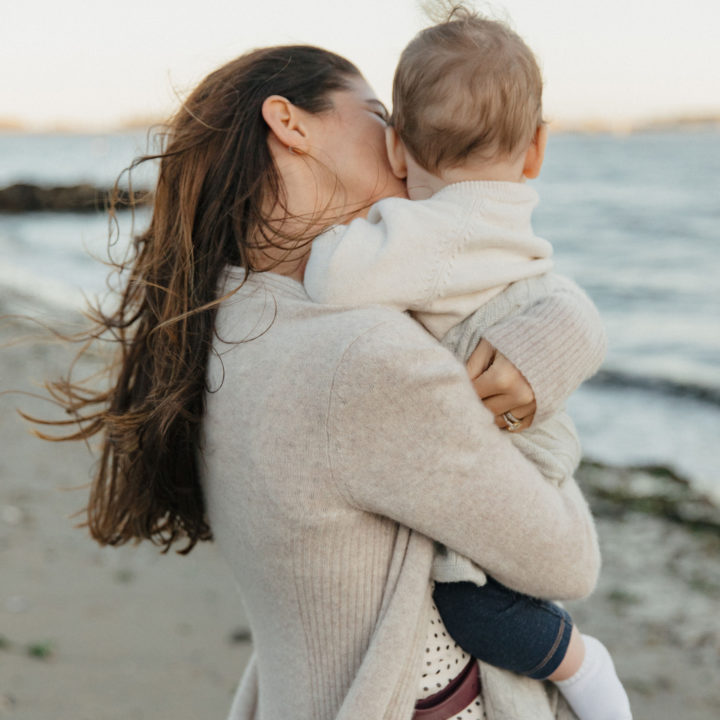
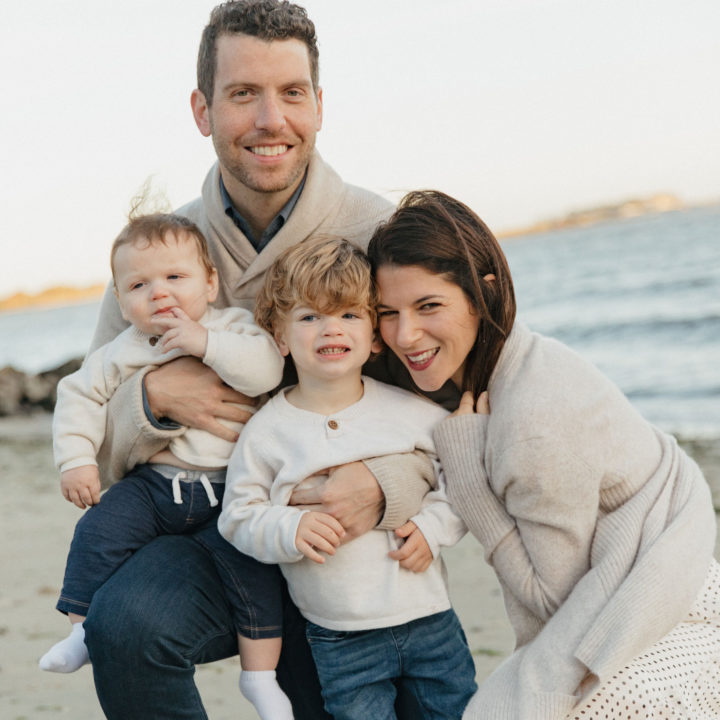
When I was 6 months pregnant I took my mother to my ultrasound. She clasped her hand over her mouth and giggled hysterically as I undressed. “Oh MY! Your belly is SO big.” She pointed. Her childlike behavior was one of the darkest demons of this disease. When the technician came in, I saw my son on screen with the breathing ghost of my mom next to me. I just wanted my mother. I just wanted to be her daughter. I wiped my tears. I got dressed. I stared at the woman who used to be her. The woman who still looks identical on the outside with the perfectly highlighted, chocolate brown bob, beautifully applied bright red lipstick, dressed in understated, chic clothes. Her love for pruning is still intact. An image that perpetuates the riddle of learning how to live with the walking dead.
I just wanted my mother. I just wanted to be her daughter.
How does a disease choose what to take I wondered? My mother knows exactly who I am, and exactly where we are, but it’s a seven-year-old version of herself that talks back to me. Her attention span had lapsed, she declared she needed to leave with toddler-like petulance, “I need to nap. Now. I. Want. To. Go. Home.” I walked her back to her hotel and performed the ritual of mothers and daughters shopping for baby clothes alone.
Three months later, I gave birth. My son’s first breath was a tidal wave of love and unspeakable loss. When my mother came to the hospital, she held our son so lovingly and tender, her intrinsic nature on display. The only other woman in the world who could know exactly what this love felt like for me, inevitably the same as it did for her. The first identical feeling we were supposed to share now that I was a mother and she was a grandmother. This beautiful moment felt like a cruel rupture of the circle of life. I had so many questions that I only wanted her to answer that all started with, ‘How…” Bits and pieces that all add up to the one and only question from the one and only person I cared to answer it. How do I become a good mother?
“Ok. I’m done now. “ she laughed impulsively, showcasing this disease’s standard emotional discordance. She abruptly handed my baby back to me. “Let’s go back to the hotel,” she declared to my dad. And just like that, I became a mother without my own. And I don’t know how.
3 years later, I am the mother of 2 little boys with a third baby on the way. 3 years full of unanswered, “How’s.” How much pain do I endure before giving up on breastfeeding? How do I retain my identity, run my business, and feel like a good mother? How do I ever sleep again? How do I make sure our first child feels safe when we bring home our second? How will I possibly mother three babies three and under well? How do I ever feel sexy again? How do I know if I’m doing a good job? How do I not drip in envy over other women who still have their mother? How do I know I will not get dementia? How do I not let my vitriol at this fate swallow me? How do I know…anything? I’ve searched for these answers a million ways. In books, on websites, in mother support groups, with therapists, in conversations with other mothers, with friends, and even their mothers. Every time, I come up short. Because none of them are mine. The validation I am seeking will never come from my own mother.
I used to think that there could be no greater feeling of grief than at the moment I became a mother without her. I used to think the more children I birthed, the further I got away from the agony of that initial shock, that time could inoculate me. But grief isn’t linear. Sometimes it is in the sea of, ‘How’s’ that the grizzly grief beast bites me the 5 deepest, but sometimes it is in the happiest moments like when my oldest kisses our youngest when they both are climbing on top of me, when they make each other giggle, when they take their first steps, or when I think I about delivering our third and last baby in 4 weeks. I think about what it would be like to revel in these moments with my mother.
I go through my phone and select the pictures to send to my mom’s digital frame this month. A habit I’ve gotten in being apart so much in Covid. She calls me sometimes to tell me she loves my pictures on the… ‘Com…Com.PUTER!!!’ at an unnecessary decibel while searching for the right words. She then abruptly rushes off, “Bye Bye. I love you,” She ends every call, sounding just like my 3-year-old.
I stare at the photo set I most recently sent. I see my mother in me, the way our smiles and mannerisms are just the same. I see her in the eyes of my oldest, the smile of my second, and I immediately feel the memories of a fantastical childhood cuddle me as I think of her bundling me and my brothers up during Cincinnati blizzards and marching us around the corner for ice cream. I think to myself, I’m the closest thing to my mother I’ve got. If I can bottle the magic of her motherhood, just in the slightest, then I just might have a chance at knowing how to be a good mother.
